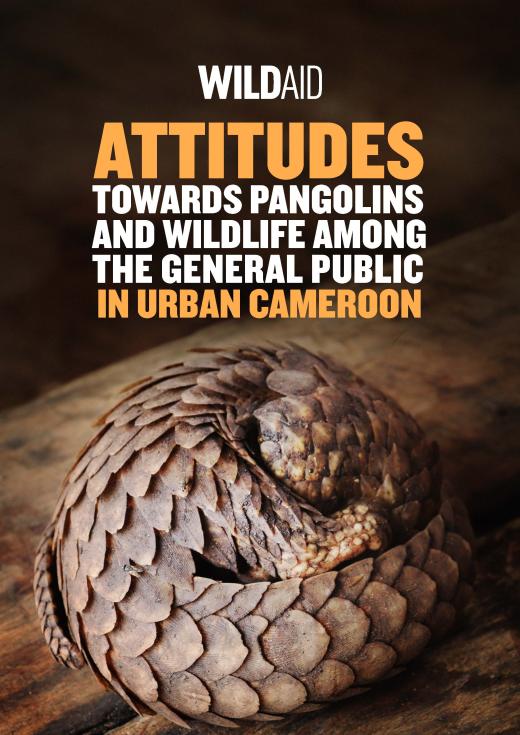
Unsustainable bushmeat hunting has emerged as a major threat to wildlife populations in Africa, with demand for bushmeat from the continent’s fast-growing cities putting serious strains on many species, especially in West and Central Africa. The bushmeat trade is also associated with an increased risk of propagating zoonotic diseases.
Pangolins in particular are facing growing threats of extinction in both Africa and Asia. In Africa, they are hunted for local consumption of their meat, while their scales are increasingly exported to Asia for use in traditional Chinese medicine.
The global threats to pangolins were recognized by the Convention on International Trade in Endangered Species of Wild Fauna and Flora (CITES) in 2017, which placed all eight pangolin species on its Appendix I of most endangered species, banning all international trade. The government of Cameroon followed suit by banning the hunting, capture, killing and trade of all three indigenous pangolin species.
This survey is intended as a companion to WildAid’s report “Understanding urban consumption of pangolin meat in Cameroon,” which took a detailed look at attitudes among consumers of bushmeat in the cities of Douala and Mbalmayo, surveyed at bushmeat restaurants.
By contrast, this survey looks at attitudes among the general public, in five cities: Douala, Yaound , Bertoua, Ebolowa and Mbalmayo. Rather than concentrating on people eating in bushmeat restaurants, it is intended to provide insight into the bigger picture among Cameroon’s city dwellers...

